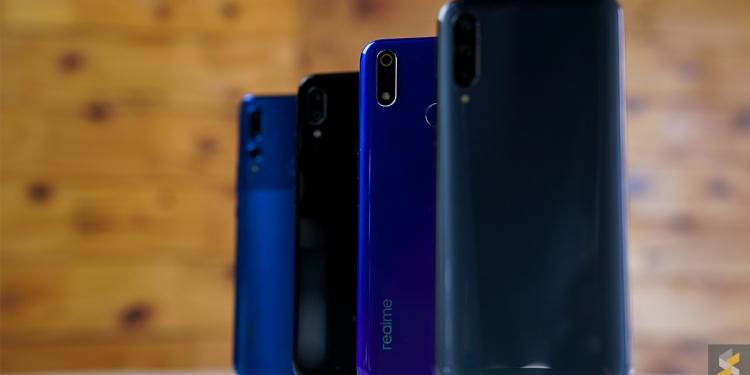The Utah government is currently mulling over a new bill that would require all mobile devices sold in the U.S. state to automatically enable filters to block out inappropriate content for minors. The state governor is currently considering the bill which was passed by Utah’s Legislature, and a decision will need to be made by the 25th of March 2021.
The full bill, which you can view here, would require device manufacturers to implement active adult content filters on all mobile devices sold in the state. Passcodes to disable/bypass the filters would be provided to customers, with the filters automatically enabled once a new mobile device has been activated. If these filters are not active by default, the manufacturer can be held legally responsible if a minor accesses adult content—with a USD 10 (~RM41) fine per user touted.
Parental controls aren’t new, of course. iOS and Android devices already come with a degree of restrictions for parents to set up, but these are not turned on by default. Some have also argued that these filters are too complicated to set up, however. The H.B. 72 bill, in effect, basically forces manufacturers to enable these filters by default.
Meanwhile, the National Center on Sexual Exploitation (NCOSE) has championed the bill, saying that “Utah has passed a critical, common sense solution to help protect vulnerable children from accessing harmful pornographic content on phones and tablets”.
It also appears that only adults will receive the necessary PIN code to bypass the filter, although the bill has been accused of infringing upon the public’s First Amendment rights to freely access the internet:
A new version of #HB72 "Device Filter Amendments" has all the same constitutional problems as the first bill.
— ACLU of Utah (@acluutah) February 11, 2021
It gets another hearing Thursday at 8AM – @siliconslopes@sjquinney @LibertasUtah @RobertGehrke @ELI_Utah Follow it here: https://t.co/Xp049hpJwo pic.twitter.com/ta8uQLNKKE
However, even if approved by all necessary parties for the bill to be converted into a law, H.B. 72 will only come into effect once five other states in the U.S. pass equivalent laws by 2031. At the moment, the state of Utah is the only constituency considering the bill. This would also be the first time that we’re seeing mandatory adult content filters on mobile devices—although DNS blocking of certain sites has been around for a long, long time now.
So, what do you think? If something similar was implemented in Malaysia, how would you be in agreement? Share your thoughts in the comments section down below.
[ SOURCE ]








